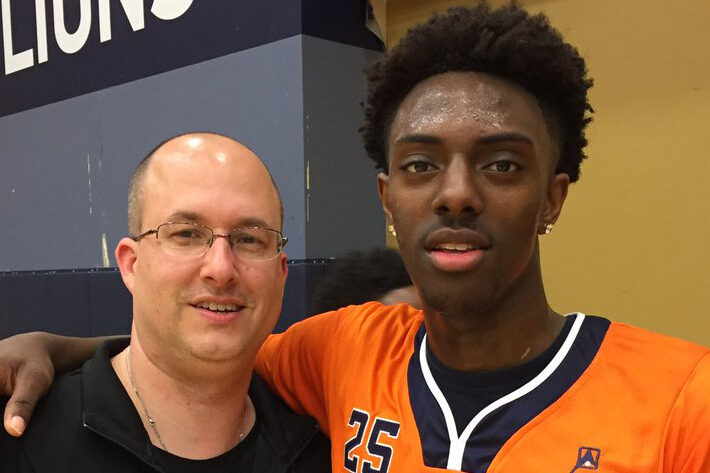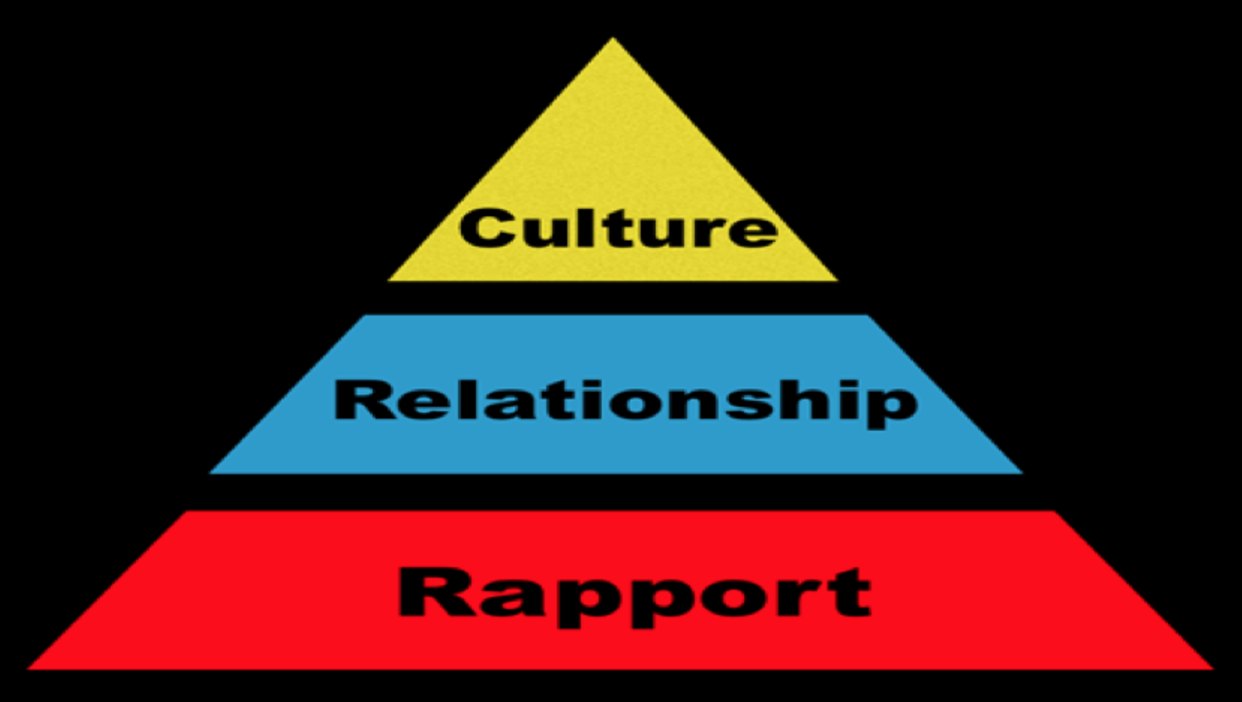Protect Your Culture By Building Rapport with Your Players

Through time investment, empathy and strong communication, coaches can establish the rock-solid culture they desire.

If you don’t have a good rapport with your players, your culture will suffer. Every interaction you have with your student-athletes should help build rapport and create the culture you want. It could be something as simple as saying hello when you greet a player or something as serious as meeting about a code violation.
Here are four key elements you need to build authentic rapport with your players.
Your Example
One of the most powerful things you have to offer your players is your example. You set the tone for the entire program and the overall culture within it. Do your words and your behavior match? Do you model the behavior you look for in your players? If you expect it from your athletes, they need to see it from you. It’s the most authentic way for your players to know and understand who you are and what you really feel.
Time
A time investment is required to build any relationship. Quality time is more important than the quantity of time, but quantity still matters. Players know your time is valuable—if you’re with them, they’ll understand their own value to you. Notice the word “investment” I used in the first line? Investing and spending time are two very different things. If you’re simply spending time with your players superficially, there’s little hope of a return on your investment. If you truly invest in your players, you will see them grow off the court as well as on it.
Empathy
Learn how your players feel—understand where they’re coming from. Don’t confuse empathy with sympathy. Sympathy is to feel sorry for someone. To be empathetic, you must listen more than you talk, then respond with compassion. Use phrases like, “I hear you,” or “I sense what you’re feeling,” so they understand you empathize with them.
Communication
This seems like the obvious and easy part of rapport, but with today’s players, this can actually be the most difficult. Smartphones and social media are the main forms of communication now, and coaches face a tough challenge to communicate effectively. Players often prefer to communicate in ways completely foreign to coaches. Be the one to compromise and go where your players are to communicate through a media they like. It could be text messages, instant messenger, Twitter, Snapchat or Instagram—the payoff will be worth any initial hassle.
At Bolingbrook we meet with every player multiple times throughout the year. This is my preferred method because it allows me to invest some time in communication with them. It’s key to allow your players ample opportunity to communicate with you. The end goal is for them to be comfortable coming to you because they trust you completely.
Building authentic rapport between player and coach is essential to protecting your culture. Use your example, invest time, and empathize and communicate with your players to help build the rapport it takes to protect your culture.
Rob Brost is the head boys basketball coach at Bolingbrook High School. Over his 10 years at BHS, he has compiled over 200 wins and is the winningest coach in school history. His 2015 and 2017 teams reached the IHSA Final Four in Illinois’ largest class, finishing third both times. He can be contacted at brostrc@vvsd.org.
